Keto Headache: Facts, Signs, and Tips to Eliminate the Pain
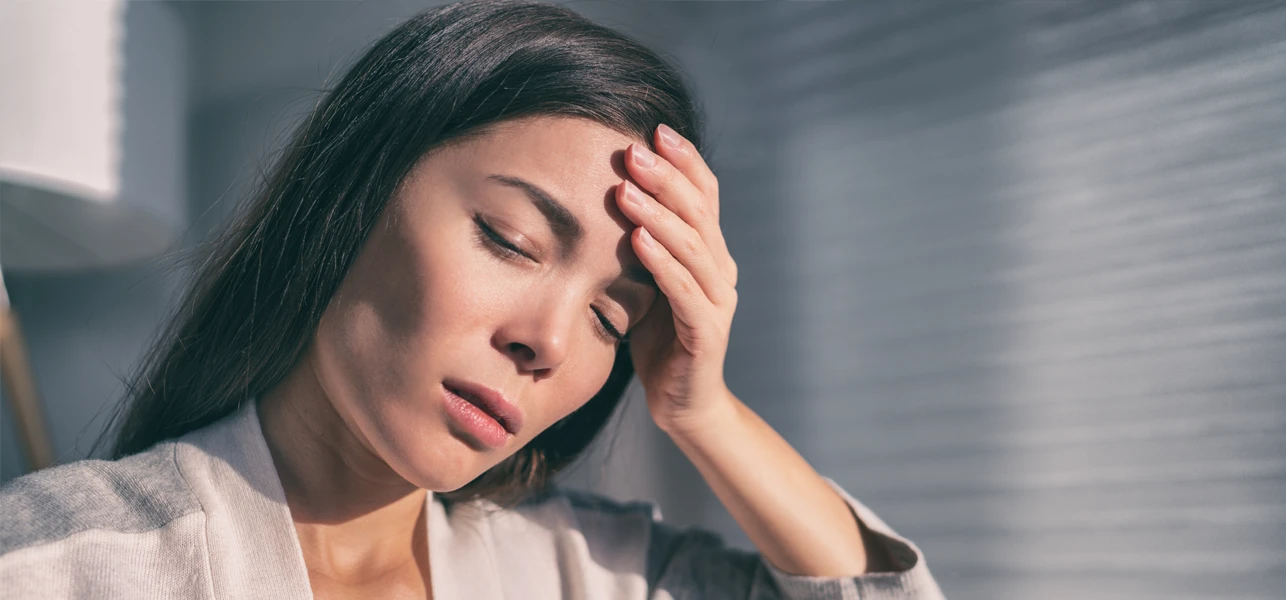
So, you’ve started the ketogenic diet but can’t get rid of the headaches.
A headache could mean a lot of things, including the metabolic switch to ketosis. Some people may get this side effect within days of eating low-carb, high-fat foods.
Headaches can be challenging to deal with on a daily basis. They could turn into dreaded migraine attacks or stop you from exercising and losing weight. Even if you do get them frequently, there are ways to relieve the pain, as well as tips to prevent them completely.
For people who don’t get headaches, it’s still important to recognize the signs. You never know when a throbbing head could arise during the ketogenic diet.
In this article, you’ll learn more about keto headaches and how to get rid of them.
Keto Headache: Is It Common?
Yes, keto headaches are one of the most common side effects of the keto diet. They are usually caused by dehydration and low blood sugar levels. Once your body enters the ketosis state, your blood sugar, electrolytes, and water intake will drop suddenly.
Getting frequent head pain while following the keto diet is normal. This is one of the keto flu symptoms that arise during the first few days of eating low-carb foods. Your body is going through many changes, especially when changing your meals and eating patterns.
The first reason for a keto headache is dehydration. You tend to urinate more throughout the day when entering ketosis, which naturally depletes water sources. This is because your body doesn’t have any glycogen – carbohydrate stores that hold water and support hydration.
Another reason is low blood sugar levels due to the lack of carbs. Glucose, the main fuel source, decreases quickly once you start following the keto diet. The transition into ketosis might put stress on your brain, leading to mental fatigue and stubborn headaches.
One final reason could be imbalanced electrolytes. The body needs electrolytes to regulate chemicals and maintain fluids in and outside of cells. You could lose these important minerals through urination and sweat, which leads to headaches, lethargy, and a fast heart rate.
What Does a Keto Headache Feel Like?
A keto headache could feel like a throbbing pain that doesn’t go away. This depends on the reason for getting a headache. For example, dehydration usually causes a dull ache in the side of your head, and low blood sugar produces a throbbing in the temples.
You might get a throbbing sensation, a dull ache that lingers for a few hours, or even shooting pains from stress. Of course, experiencing this side effect will cause more symptoms, like poor sleep, eating, and fatigue.
Just remember to consult with your doctor if the pain gets worse. Bad headaches could signify another health condition, so always seek medical advice. People with type 2 diabetes, high blood pressure, and hypoglycemia need to determine if this diet is safe for them.
Is Keto Headache a Sign of Ketosis?
Yes, keto headaches can be a sign that you’re in a ketosis state. The headaches might occur within the first week of starting the ketogenic diet. However, once your body adjusts to eating low-carb, high-fat foods, the headaches will go away on their own.
Consuming fewer carbohydrates can cause frustrating headaches. Your body is transitioning into ketosis quickly – a metabolic state that burns fat for energy instead of glucose. The sudden change may trigger head pain that lasts 1–7 days, depending on your current lifestyle routine.
Other signs of ketosis include bad breath, weight loss, high ketone levels, short-term fatigue, and digestive changes. These symptoms are perfectly normal and show that you’re burning fat. Most people refer to these signs as the “keto flu” due to the physical changes you go through.
How Long Does the Keto Headache Last?
Keto headaches can last anywhere between 24 hours to one week. Some people might struggle with soothing the pain or keeping headaches away. You should seek medical advice from a doctor if the headache is persistent or gets worse after the first week.
People on the keto diet will experience head pain at different pain levels and times. It depends on how your body reacts to a very low-carbohydrate diet. For example, those who get regular migraines and brain fog outside of the following keto may get headaches that last a few days.
You could get a headache that lasts one hour and then comes back the next day. A low-carb intake can make certain symptoms drag out until your body is fully in ketosis. However, headaches that don’t dissipate after 7 days should be reported to your doctor immediately.
How to Get Rid of Keto Headaches? 6 Actionable Tips
There are several ways you can get rid of keto headaches. Since headaches are one of the common symptoms, experts have found perfect, science-backed tips to relieve pain for keto dieters. If you have a sore head every day, it’s worth learning about at-home treatments.
Here are 6 actionable tips to follow when eliminating keto headaches:
#1 Stay hydrated
Drinking more water throughout the day could prevent headaches.
People who drink adequate fluids usually avoid electrolyte imbalances on the keto diet. Men need around 12 cups of water a day, and women need 9 cups to stay hydrated.
Of course, water naturally warns off those dreaded keto headaches. One thing about dehydration is that it shrinks your brain tissue, causing the throbbing pain in your temples, so drinking lots of water can make the pain go away.
#2 Avoid cardio-based workouts
You should refrain from doing intense workouts while dealing with a headache. Cardio-based exercise could put more stress on your body, leading to migraine attacks. People who want to lose weight might hate this idea, but you can do intense workouts once you’re fully in ketosis.
#3 Get enough electrolytes
Headaches can be a sign of an electrolyte imbalance on the keto diet. You should eat more electrolyte-rich foods when limiting your carbohydrate intake. Some good foods include spinach, strawberries, almonds, oranges, yogurt, avocados, tomatoes, beans, and bananas.
There are also keto-friendly drinks that boost ketosis and fix the electrolyte imbalance. Some people opt for coconut water due to its high content of electrolytes. Others go for fresh juices, like watermelon juice, as it is packed with lots of water, vitamins, minerals, and antioxidants.
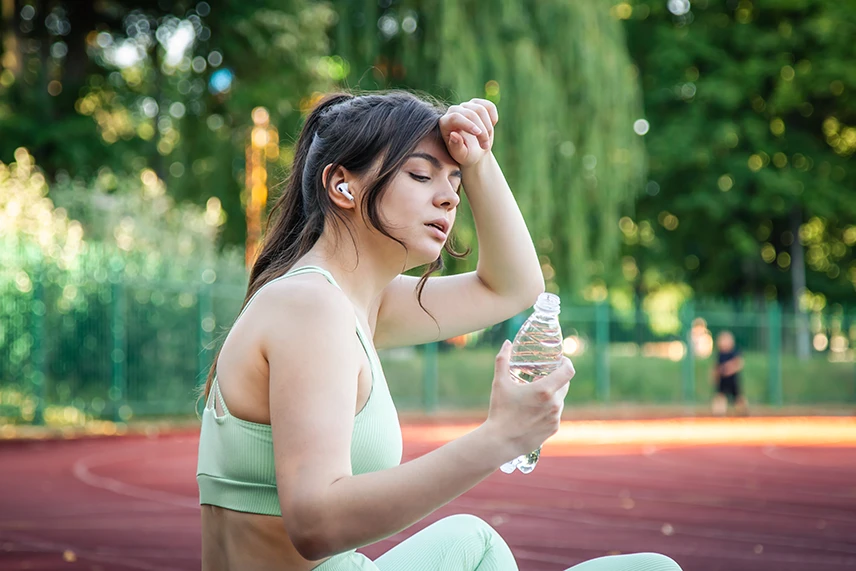
Advertisement
Remember that an electrolyte imbalance damages your long-term health. The body needs potassium, magnesium, sodium, and calcium to function properly. Not getting enough of these electrolytes will cause serious headaches and make you feel physically unwell.
The daily recommended intake for electrolytes is 1,600–2,000mg of potassium, up to 2,300mg of sodium, 2,500mg of calcium, and 300–400mg of magnesium.
#4 Try a keto supplement
You could try a keto or electrolyte supplement to eliminate headaches. These types of supplements work well with the keto diet and may help your body burn stored fat. Just remember to choose one that contains natural ingredients and non-GMO substances.
#5 Eat more fats
Some people forget to eat healthy fats while on the keto diet. You need these fats for energy, especially if you’re planning to work out regularly. Not getting enough fat-based foods could lead to severe headaches, low energy levels, intense hunger pangs, and digestive problems.
Eating more fats could help relieve headaches from low energy. The idea of fat might sound intimidating to those who want to achieve weight loss, but it’s very important to get your nutrients. If the body has enough energy to function, it might not put stress on the brain.
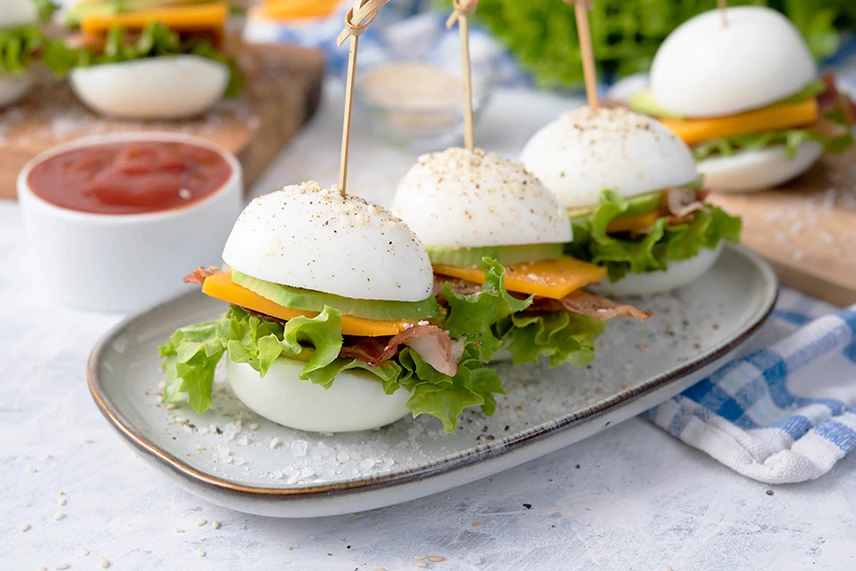
Good fats to eat comprise avocados, seed butter, eggs, flax seeds, yogurt, salmon, olives, and coconuts. You could snack on some of these throughout the day to reach your daily calories. Remember that unsaturated fat is healthy and won’t cause weight gain on the keto diet.
#6 Eat more calories
Headaches, brain fog, and muscle cramps could be a sign that you’re not eating enough calories. As the body begins burning fat, your energy levels will naturally drop on the keto diet. This means you need to consume more nutrient-dense food that can prevent keto headaches.
Of course, you shouldn’t go back to eating processed and refined foods. These will disrupt the ketosis state and make your keto flu side effects worse. Instead, focus on protein-rich foods like chicken, and remember to follow a high-fat diet when building up your physical strength.
One last thing to note is that the keto diet can cause nutrient deficiencies. This is because most protein and fiber-rich foods contain lots of carbs that break ketosis. You need to eat more calories to compensate for that and never skip meals when you stop eating carbs.
FAQs
Yes, ketosis may cause migraines in those with sensitive heads. Your blood sugar levels drop once the body uses ketones for fuel, which puts extra stress on the brain. Some people have normal headaches, but others could experience migraine attacks that produce severe pain.
Eating too many carbohydrates can trigger headaches. Foods containing refined carbs usually raise blood sugar levels, leading to symptoms like increased thirst, dry mouth, and head pain. To avoid this, reduce your daily carb intake and stick to eating nutrient-dense foods.
Following a low-carb diet can definitely give you frequent headaches. This side effect can be due to electrolyte imbalances, low blood sugar, or dehydration. If you want to eliminate those headaches, drink plenty of water throughout the day and avoid intense workouts.
A Word From a Nutritionist
The keto diet has been known to cause headaches for people. Most low-carb diets put extra stress on your brain and trigger unwanted pain. You can relieve headaches at home by simply drinking water, but always listen to your body and stop the keto diet if it’s the safest option.
Of course, some people can get migraines, which are worse than normal headaches. A migraine brings on severe throbbing that is accompanied by vomiting. If you experience something like this on the keto diet, seek medical professional help quickly.
For those who are experiencing their first keto headache, drink more water, eat more food, and get plenty of rest. It’s recommended that people over the age of 18 should have 8–10 hours of sleep each night. This ensures your body can fully rest while it’s adjusting to new ketone bodies.
Conclusion
So, are there ways to prevent keto headaches?
You should focus on increasing your water intake or finding an electrolyte supplement like Keto Cycle FUEL. Getting a headache just means the body is under a lot of stress on the ketogenic diet. The pain should go away after a few days of trying these amazing tips and tricks.

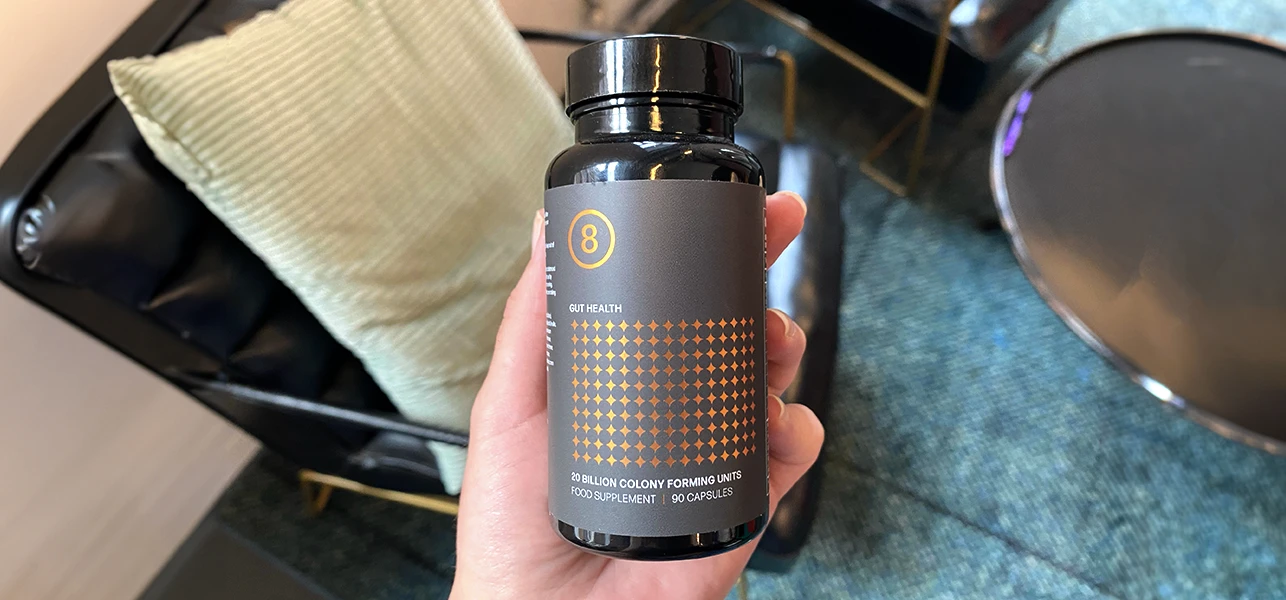
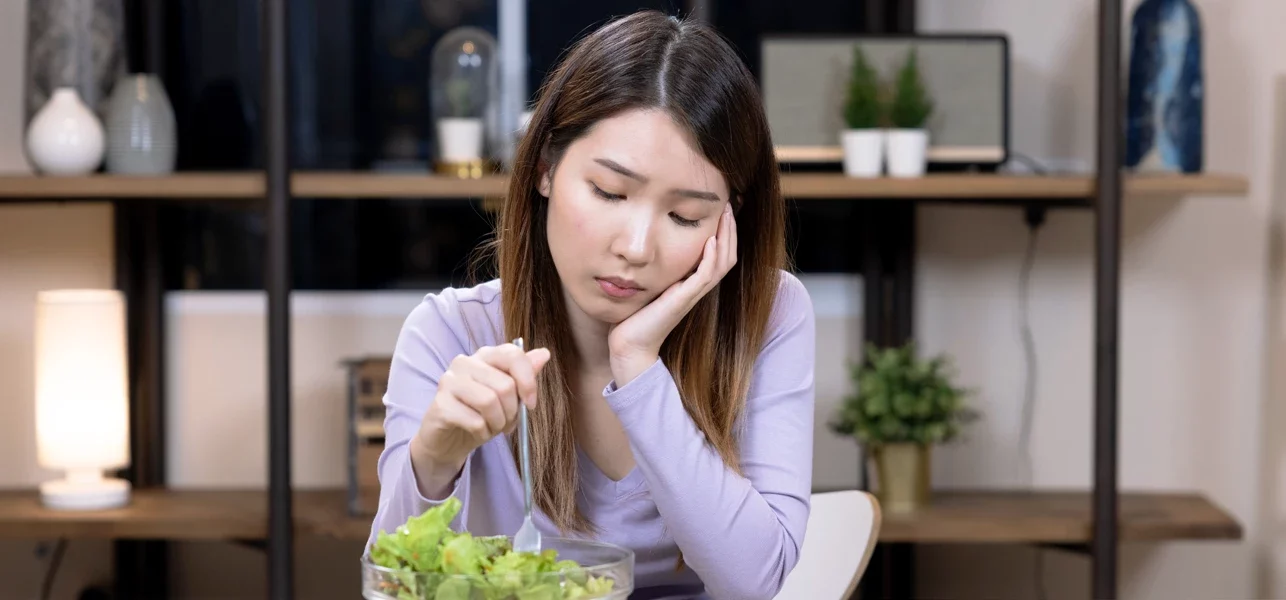
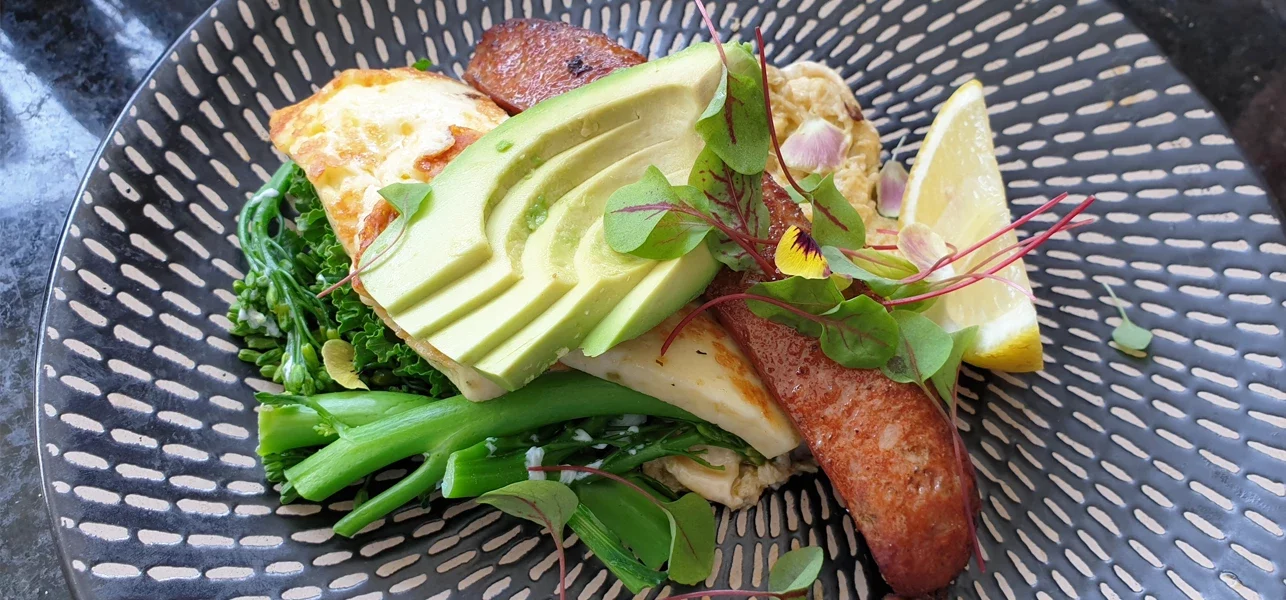
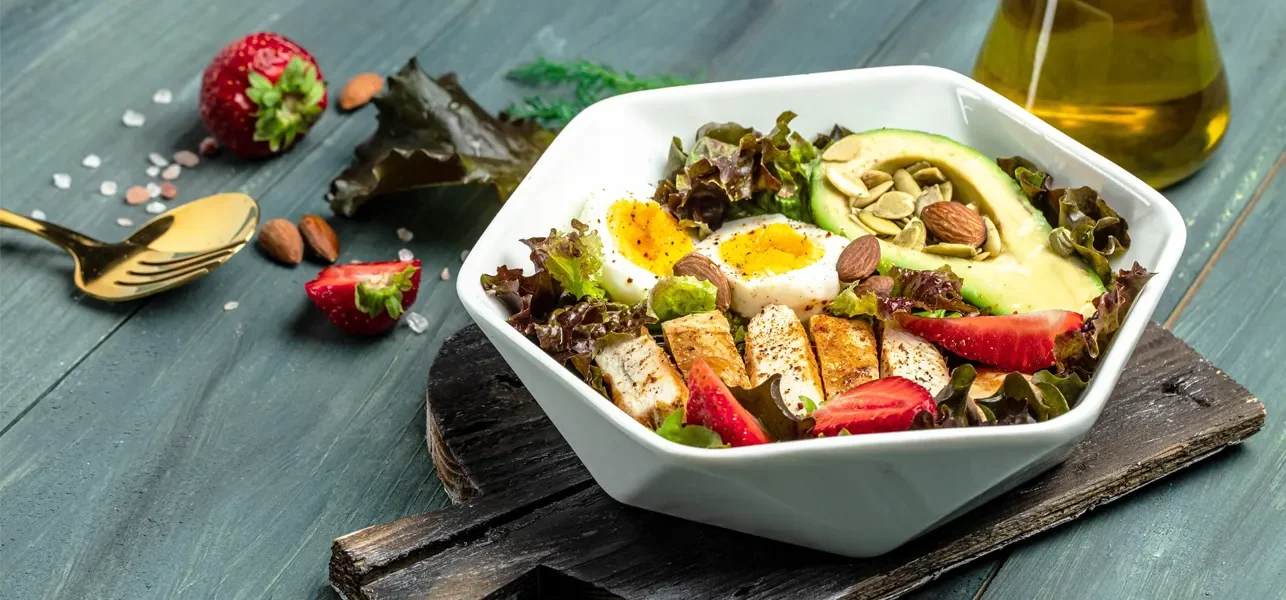

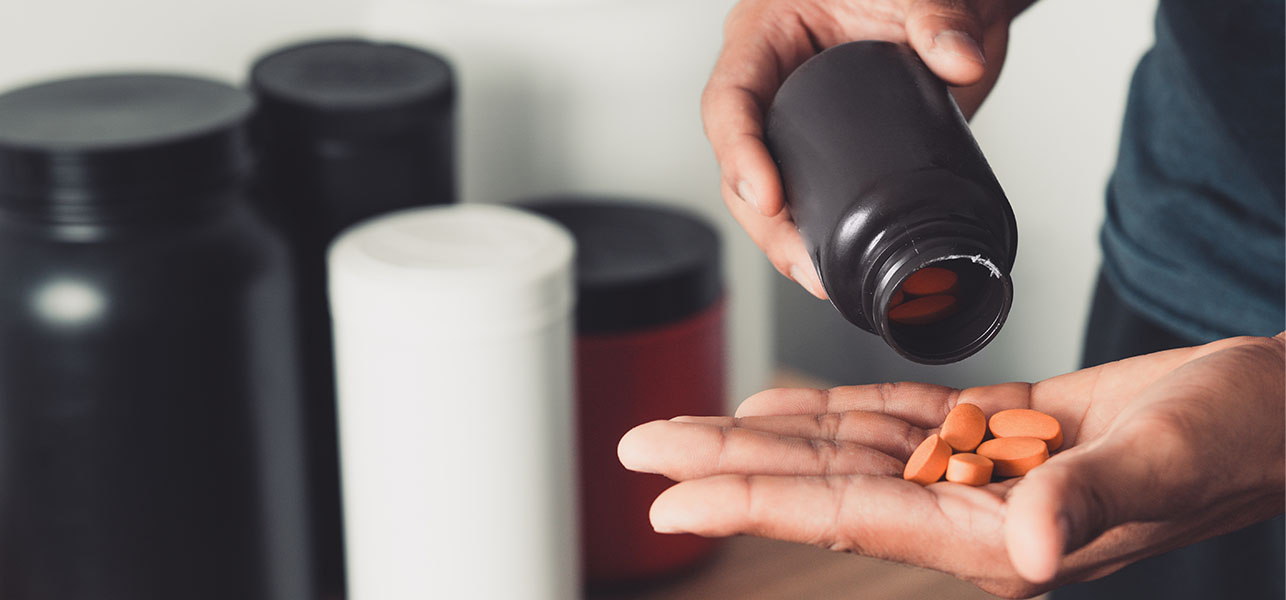
Comments (0)